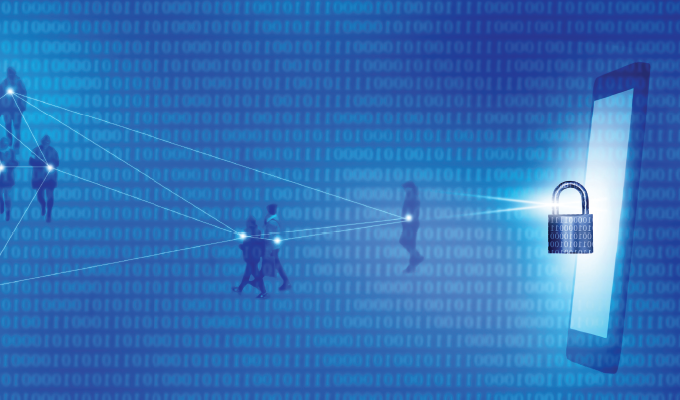By Kyle Peacock
Contact tracing is critical for helping to stop the spread of COVID-19 on jobsites. Yet managing it is challenging. A lot of construction companies rely on paper-based check-ins and health screenings. Those records are then input into a spreadsheet. If someone at work is infected with the virus, the company has to comb through the records to see who was where and when. Inevitably, this process has a wide margin of error. Variables include illegible notes, human error, and lost files. Not to mention how much critical time is lost as legal and insurance risks rise.
To avoid this, more companies are using contact tracing apps. However, there are concerns from employees about the apps having insight into additional data on their smartphones.
From an employer perspective, managing health information creates new challenges with regard to HIPAA regulations. Additionally, faced with having to quickly and successfully manage employee and visitor safety, a health ordinance mandate, and potential liability, a business doesn’t have time to wait for a more secure contact tracing solution from the government or a large tech company. With private contact tracing, employee data is protected and the employer can produce a contact tracing report within minutes.
BALANCING ACT
Based on experience at several construction jobsites, private contact tracing is simple to set up. Workers and visitors can check into a jobsite using their own smartphone camera and pointing it at a dedicated QR-coded poster at the entrance. After the digital sign in, they take a private health screening. An alert on their phone lets them know if they’ve been approved or denied access to the site. If someone is denied due to a potential risk of having COVID-19 symptoms, the right people are alerted while still protecting the privacy of the employee’s health records.
Employers can tailor the questions in the app based on local guidelines or their own requirements.
For example, we use the Safe Site Check In (safesitecheckin.com) app. Now, the burden of managing employee health records is lifted because the app only provides check-in data and insight into who was approved or denied access. And unlike large tech companies, a private contact tracing app that’s managed by an employer can’t be used for persistent tracking of users’ location information. Yet it can assist public health authorities with broader tracing when required. In the event that an employee or visitor tests positive for COVID-19, the employer can quickly produce a contact tracing report an alert others that were in potential contact with the infected person.
PARTICIPATION ACHIEVABLE
Contact tracing by governments, networks, and internet platforms has been met with mixed responses because of the public’s genuine privacy concerns. With a private, business contact tracing app, general contractors and employees are assured their personal health information is protected, and any other data on their smartphones can’t be accessed.
For contact tracing to be effective, it needs to shift from an optional social contract to a private, business one. Essentially, the employer only needs to know if everybody on the jobsite is symptom free. A private, business-led approach protects employers and employees.
With even a small percentage of the workforce participating in contact tracing, it will make a difference. An additional benefit of digital check-ins is that it streamlines the employee and visitor sign in process. The time savings quickly adds up as hours can be saved every day. Also, for businesses that still use paper sign-ins for employees and visitors, shifting to digital sign-in offers greater visibility into jobsite activity. This includes tracking employees to hours and knowing how many people are at a location for safety record keeping, employment records, and emergencies.
CLOSING THOUGHT
The goal of contact tracing is to strike a balance between private citizens sharing important health related information during a pandemic, and corporations not compromising employee data. For construction companies, the solution is private, meaning contact tracing is provided and managed by the employer.
For more information:
Kyle Peacock is the CEO of Peacock Construction. Kyle got his start managing construction for Boston Properties, then joined Peacock as a project manager, eventually becoming CEO. A favorite project was the renovation of a 22,000-square-foot forensic lab for the Bureau of Alcohol, Tobacco, Firearms and Explosives. Keeping the job running efficiently while the lab continued to operate was a technical challenge, but one Kyle thoroughly enjoyed.
Modern Contractor Solutions, December 2020
Did you enjoy this article?
Subscribe to the FREE Digital Edition of Modern Contractor Solutions magazine.



